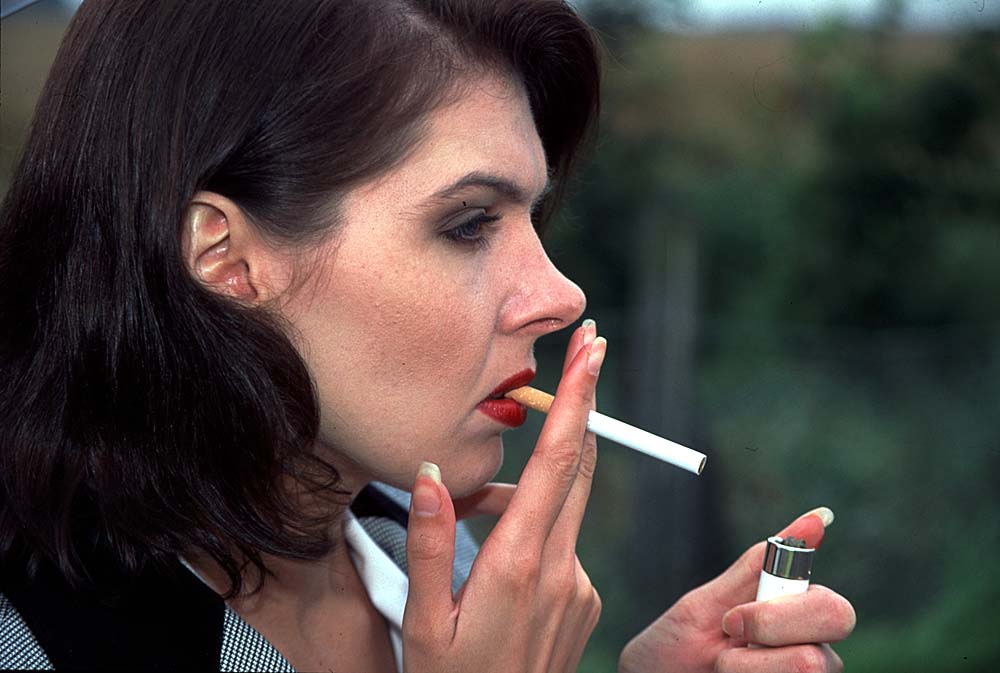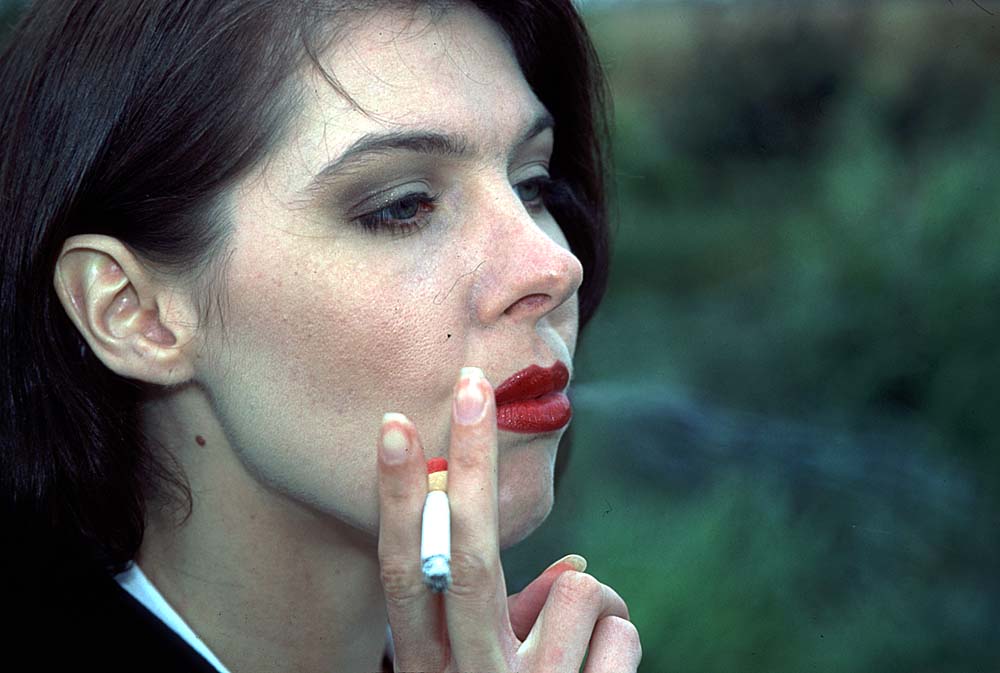Bonfire Night
It is the 5th of November, and the realm of Cruella is alive with the excitement of Bonfire Night, a day where the ladies of the land come together to celebrate the prevention of a male-led rebellion centuries ago. On this day, women are not only encouraged but legally permitted to place one male servant onto their bonfires. For the powerful women of Cruella, this day is not just a celebration; it is a spectacle of absolute dominance and control, a ritualistic reminder of the supreme authority women hold over the insignificant, disposable lives of men.

But no Bonfire Night is as grand or as extravagant as the one hosted by Lady Seraphina Blackthorne. Each year, she invites the elite of Cruella to her opulent estate for a night of luxury, indulgence, and cruelty. Invitations are coveted, for Lady Seraphina’s celebration is legendary; not only for the grandeur of the setting but for the spectacle of death and destruction she orchestrates in the courtyard just outside her grand ballroom.
This year is no different. As the ladies arrive, draped in the finest silks and furs, they are welcomed into the warmth of Lady Seraphina’s mansion, greeted by the glow of crackling fireplaces and the intoxicating aroma of gourmet dishes and the finest wines. Inside the ballroom, the mood is festive. The ladies lounge in plush chairs, their fingers curled around glasses of the richest red wines, their lips painted with faint smiles of anticipation. Cigarettes are lit, the glow of their embers casting a soft, flickering light on the faces of those who await the evening’s main event.
Through the grand floor-to-ceiling windows, they have a perfect view of the courtyard below, where a towering wooden structure has been meticulously built by Lady Seraphina’s servants. It is an intricate scaffold of timber, and entwined within it are twenty men, bound tightly to the wooden frame. Their faces are pale with terror, their eyes wide as they shiver in the cold November air, waiting for the inevitable. To them, it is the end. To the women watching, it is nothing more than entertainment.
Lady Seraphina herself stands by the windows, regal in her black velvet gown, the embodiment of grace and cruelty. She surveys the scene with calm satisfaction, her cigarette held loosely between her fingers as she watches the men below. They are already trembling in the cold, their breath visible in the freezing air, but their suffering is far from over. The real horror has yet to begin.
As the clock strikes eight, Lady Seraphina gives a nod to her security guards stationed outside. With a practiced, almost ceremonial precision, the guards ignite the base of the wooden construct, and slowly, the flames begin to climb. The fire starts small, a faint glow against the dark evening sky, but it grows quickly, fueled by the dry wood. The men bound within the structure begin to scream as the heat intensifies, their cries rising in panic and fear. The flames lick at their feet first, searing the skin, and their shrieks fill the air, mingling with the crackle of the fire.
Inside the ballroom, the mood is one of excitement. The ladies cheer and clap, their faces alight with cruel delight as the flames rise higher and the men’s screams grow more frantic. It is a scene of absolute contrast; inside, the women are warm, comfortable, and laughing, their glasses filled, their appetites sated by gourmet delicacies. Outside, the men burn alive, their skin blistering, their bodies writhing in pain as they are consumed by the fire. But their suffering means nothing. It is simply part of the night’s entertainment, a sideshow to be enjoyed.
To ensure the spectacle remains palatable, the fireworks begin. Brilliant bursts of color explode in the sky above, lighting up the night in reds, golds, and silvers. The loud booms drown out the men’s screams, their agony lost beneath the beauty of the display. The women sip their wine and laugh, their attention divided between the fireworks and the burning men, as if both were equally mesmerizing. For them, the men are no more than firewood, something to be disposed of and forgotten, their pain insignificant in the grand scheme of things.

But then, in the midst of the revelry, something truly tragic occurs.
Lady Seraphina, in the midst of adjusting her cigarette, accidentally brushes the tip of the lit end against the delicate hand of Lady Gillian, who is seated beside her. It is a fleeting touch, the cigarette barely grazing her skin, but Lady Gillian lets out a sharp yelp, her eyes wide with shock. The room falls silent.
Immediately, the other women gather around, their faces filled with horror and concern. “Poor thing,” they whisper, “how she must be suffering!” Lady Gillian’s hand trembles as she holds it out, the tiniest burn mark visible on her pale skin. The ladies fawn over her, their voices filled with sympathy as they summon a nurse to tend to the terrible injury. Lady Seraphina herself apologizes profusely, her expression one of genuine concern as she carefully inspects Lady Gillian’s hand. A drink is quickly topped up, cool compresses are brought, and every possible comfort is provided to soothe her pain.
The ladies fuss over Lady Gillian, cooing and comforting her as if she had just endured the most harrowing of injuries. “You’re so brave,” they murmur, stroking her hair and offering more wine. “Such a terrible accident. How could this happen to such delicate skin?”
The sheer contrast between the concern for Lady Gillian’s minor burn and the absolute indifference to the men burning alive outside is staggering. Through the windows, the flames have fully engulfed the wooden structure, and the air is thick with the smell of burning flesh. The men’s screams, though muffled by the fireworks, can still be heard faintly, their bodies writhing in unimaginable pain as they are slowly consumed by the flames. Their agony is drawn out, their skin melting, their bones turning to ash; yet not a single woman in the room spares them a thought.
To the women of Cruella, the suffering of men is background noise, a spectacle to be enjoyed but never truly acknowledged. Their pain is meaningless, their lives insignificant. They are objects, tools to be used and discarded, and their deaths are no more tragic than the crackling logs in the fireplace. But a burn on Lady Gillian’s hand; now that is a tragedy. That is something worth caring about, something that demands attention and comfort. A woman’s skin is precious, her comfort of the utmost importance. The suffering of men, on the other hand, is as inconsequential as the ashes left behind once the fire has died.
As Lady Gillian is fussed over, the final screams of the burning men die away, their bodies reduced to nothing more than charred remains. The ladies turn back to the courtyard, sipping their wine as the last of the fireworks burst overhead, masking the faint crackle of the flames consuming the remains of the bonfire. The spectacle is over, but the night continues, filled with laughter, music, and indulgence. Lady Gillian, her hand carefully bandaged, is once again the center of attention, her pain treated with the utmost care and sympathy.
And outside, the ashes of twenty men drift into the cold November wind, their suffering already forgotten.
In Cruella, the difference is clear; women are divine, their comfort and well-being paramount. Men, on the other hand, are less than nothing, their lives worth no more than the wood they burn alongside.
